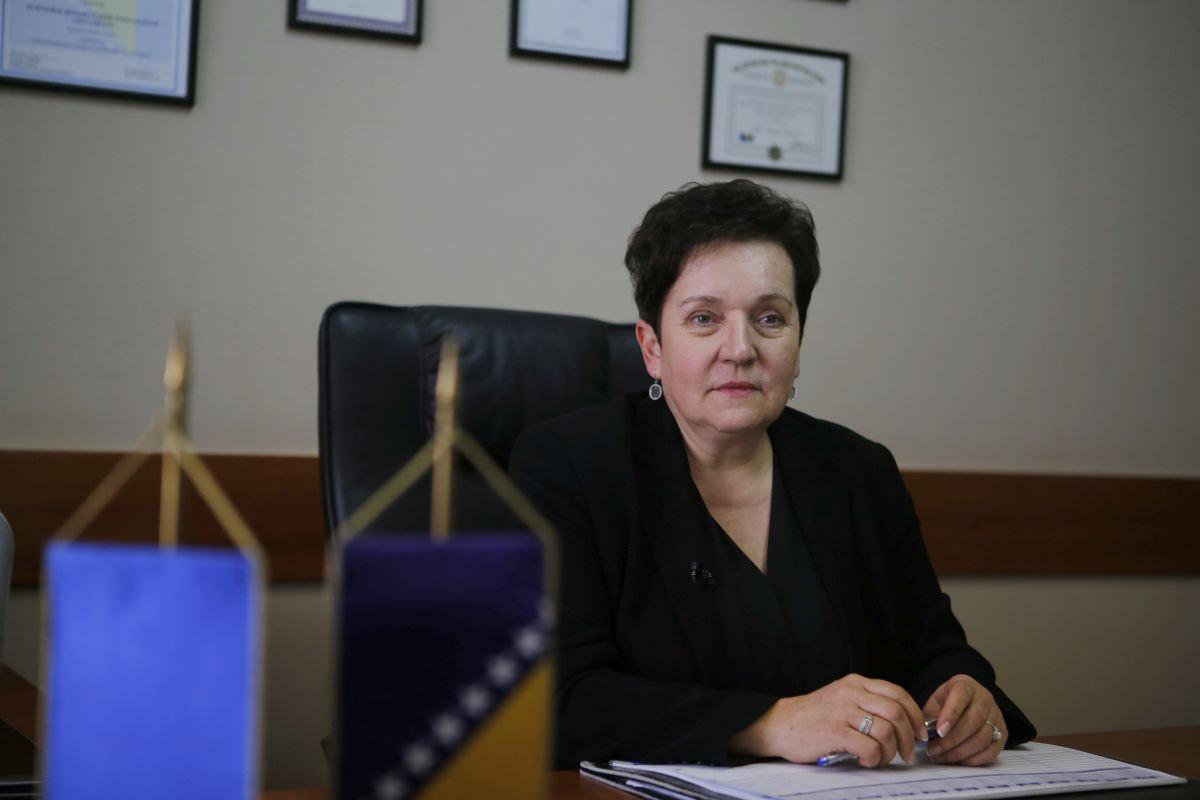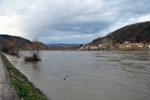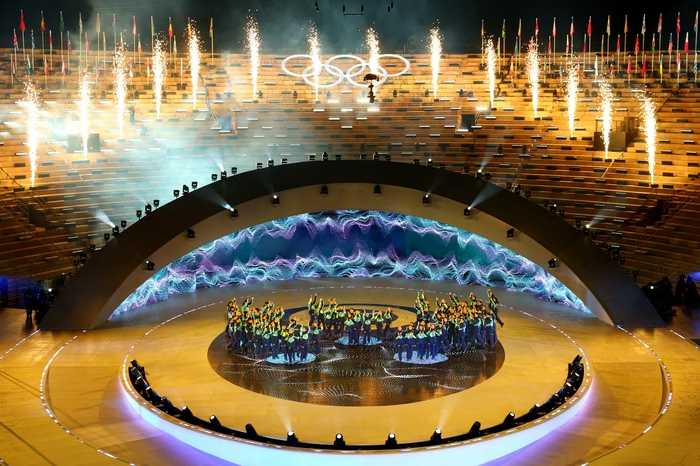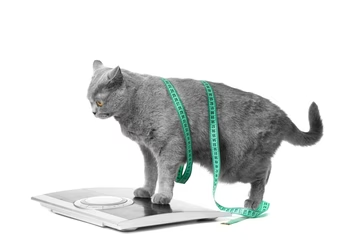Defence Min.: Not fulfilling NATO obligations damages Bosnia's int. reputation

If Bosnia would withdraw from strategic pacts it made with NATO, it would be detrimental to the country’s international reputation and would put its seriousness in the EU integration process into question as well, said Defence Minister Marina Pendes on Wednesday.
“Membership in important and big organisations can only bring a better future to Bosnia and Herzegovina, and despite disagreements regarding developments and integration, we all need to consider how and where we see this country in the future,” she said.
Pendes was commenting on core issue in the the ongoing bickering over forming Bosnia’s government, called officially the Council of Ministers - Bosnia's path toward NATO membership.
The main reason why the country lacks a new government is bickering among the three right-wing parties which one the October 2018 election over whether Bosnia should become a NATO member or not. Although they initially supported Bosnia joining the alliance, Bosnian Serb politicians changed their minds a few years ago and now refuse to let the country make any further steps toward membership, while Bosniaks insist on it.
Bosnian Serb leader Milorad Dodik argued that Republika Srpska (RS), the Serb-dominated semi-autonomous entity within Bosnia, has adopted in 2017 a Resolution on Military Neutrality in line with neighbouring Serbia, which means it opposes membership in any military alliances.
The swords are being crossed now over the next step on that path - sending the country’s Annual National Programme (ANP) to NATO.
The leaders of the three parties - Bosniak Bakir Izetbegovic, from the Party for Democratic Action (SDA), Serb Milorad Dodik, from the Alliance of Independent Social Democrats (SNSD) and Croat Dragan Covic, from the Croat Democratic Union (HDZ) - signed last Monday an Agreement which was supposed to end the bickering and which should result in the formation of the new government.
The Agreement addresses the NATO issue in one of its 12 principles but with such vague wording that nobody can say for sure what it means.
"Bosnia and Herzegovina cannot have three futures," Pendes said.
According to Pendes, Bosnia’s goals for the future must be clear, “and that is the EU and NATO.”
She argued that Bosnia’s integration process in those organisations has proven numerous times to be key in promoting reforms which are crucial for the country.
“It is up to us whether we will, through political dialogue and decision-making, be able to make use of that for strengthening security, socio-economic development and stability,” she stressed.
Commenting on the ANP, Pendes said that Bosnia needs to make a choice - either to implement the obligations it took over in the past or lose all of its international influence.
The country must not allow itself to have technical issues such as the ANP turn into a platform for new internal disagreements, Pendes said, adding that withdrawing from such a framework would damage the reputation of the country and freeze its relations with an important military-political organisation.
“We took over all the state obligations and implementing them is expected of us. Not fulfilling the obligations on the path toward NATO will influence the perception of our political seriousness regarding the EU integration process as well,” she said.
Pendes welcomed the Agreement the political leaders signed, saying it shows Bosnia’s determination for improving relations with NATO, stressing that progress on the NATO and EU membership path is not detrimental to national interests and Bosnia’s sovereignty, but contributes to a vision of a modern and developed Bosnia and Herzegovina.
“European and Euro-Atlantic integration are compatible processes which will contribute to a wave of Bosnia’s new, sustainable and long-term success. Rejecting a chance to make strategic steps leads to Bosnia’s isolation in the heart of Europe, she said.
Kakvo je tvoje mišljenje o ovome?
Učestvuj u diskusiji ili pročitaj komentare





 Srbija
Srbija
 Hrvatska
Hrvatska
 Slovenija
Slovenija



























































